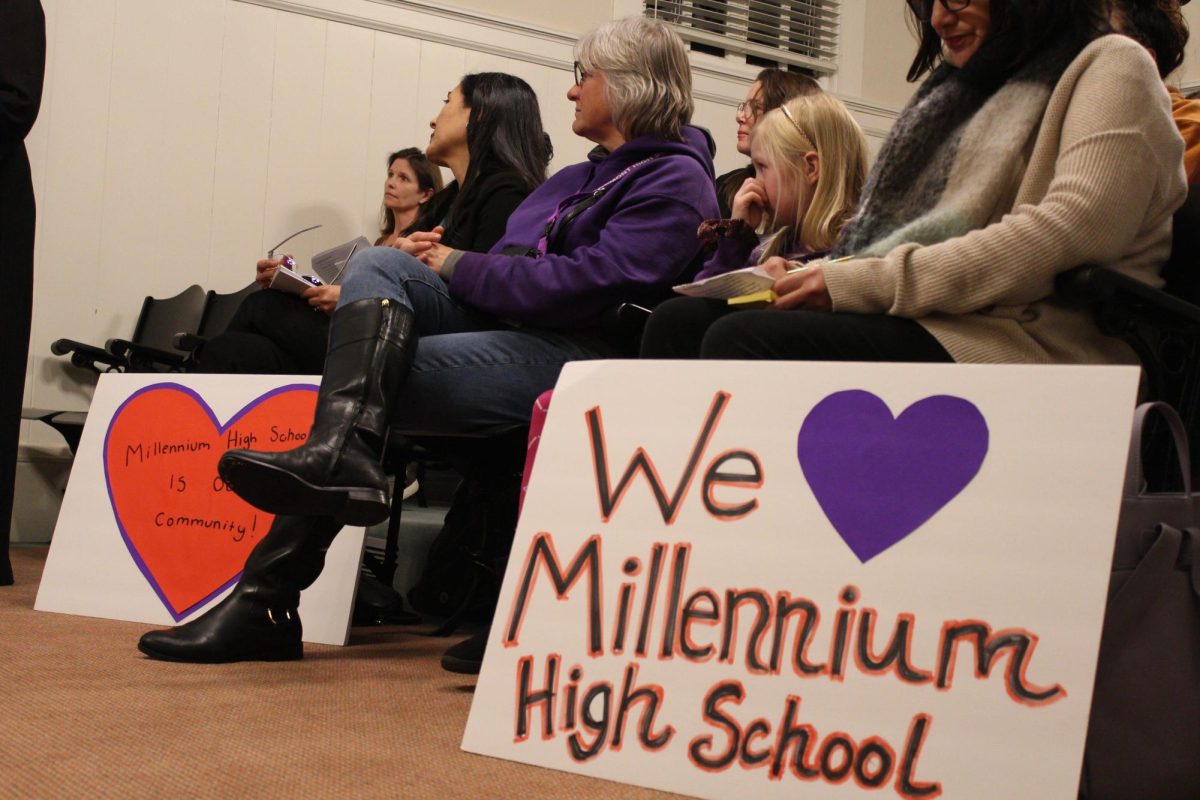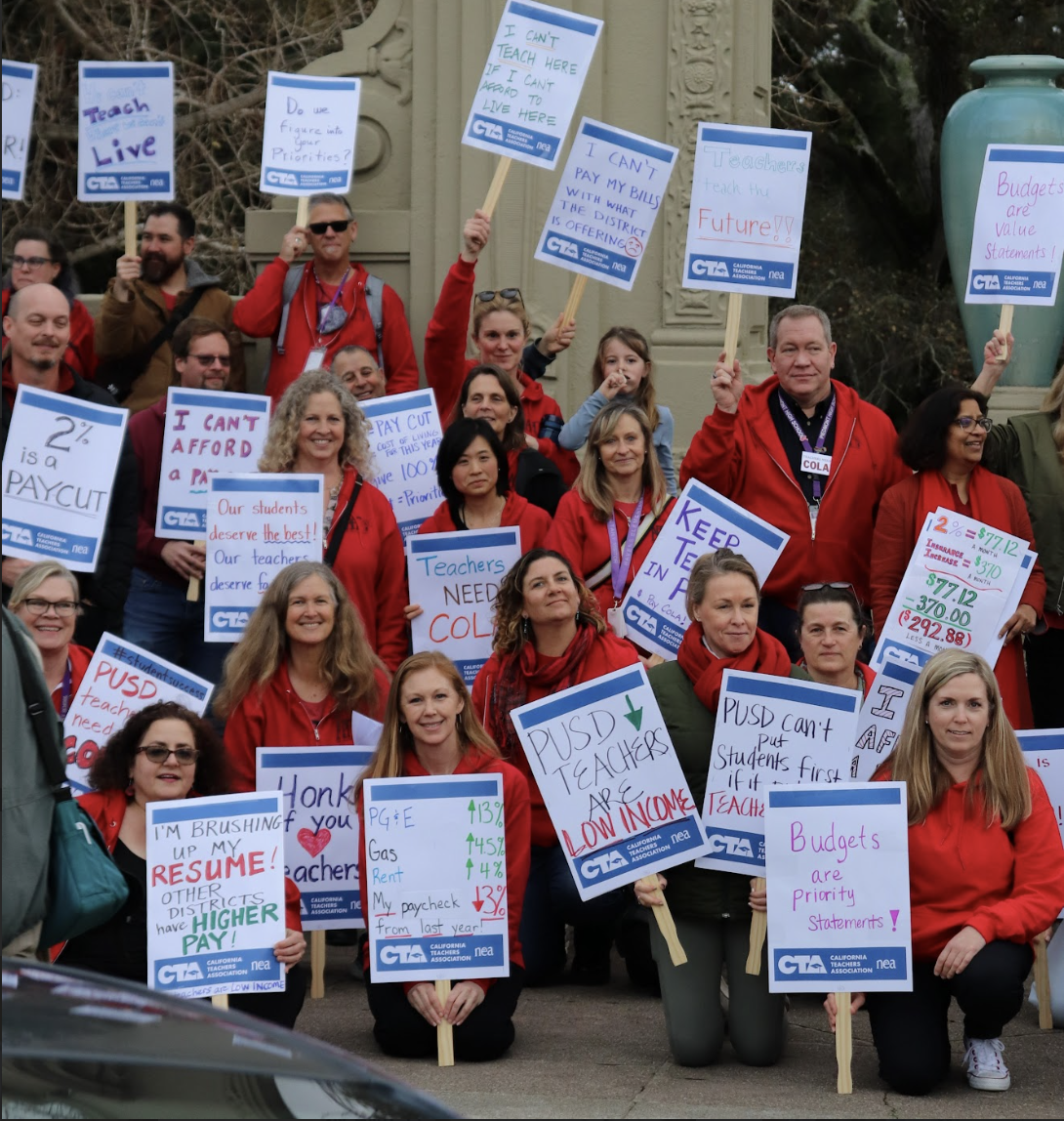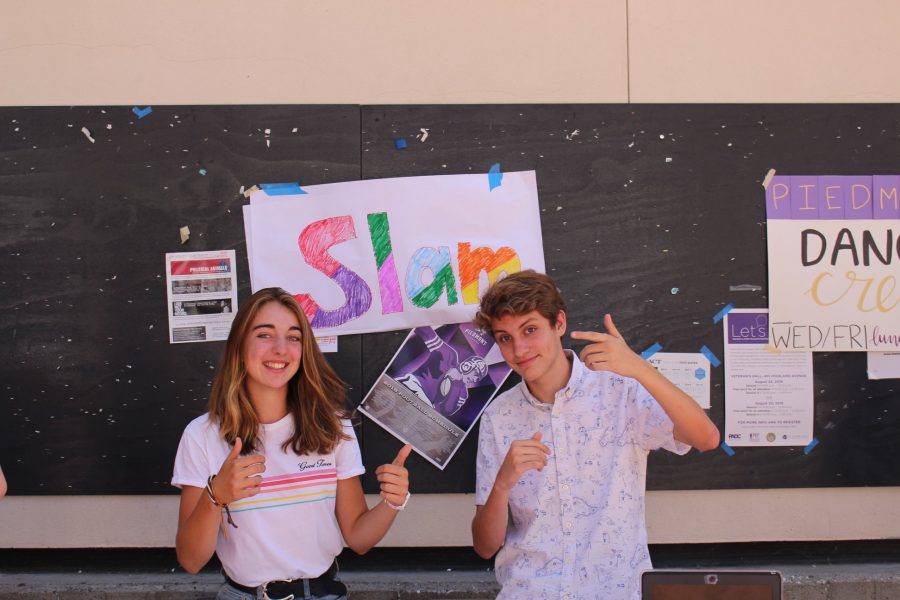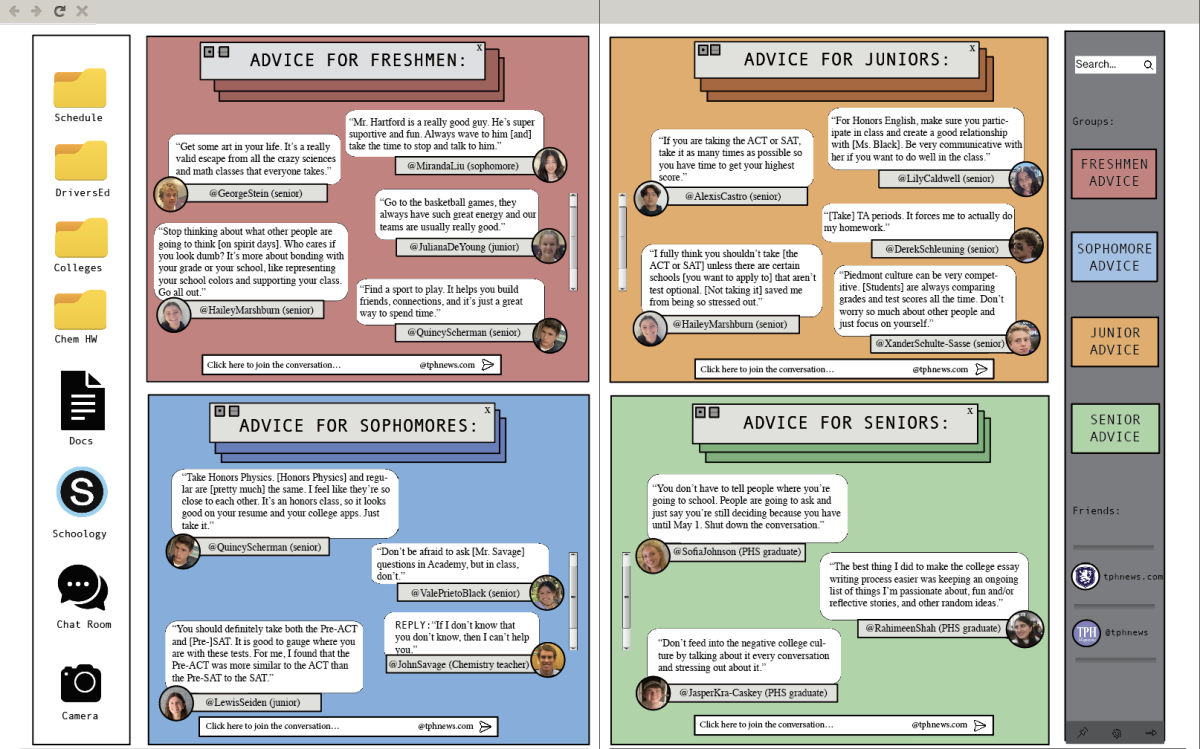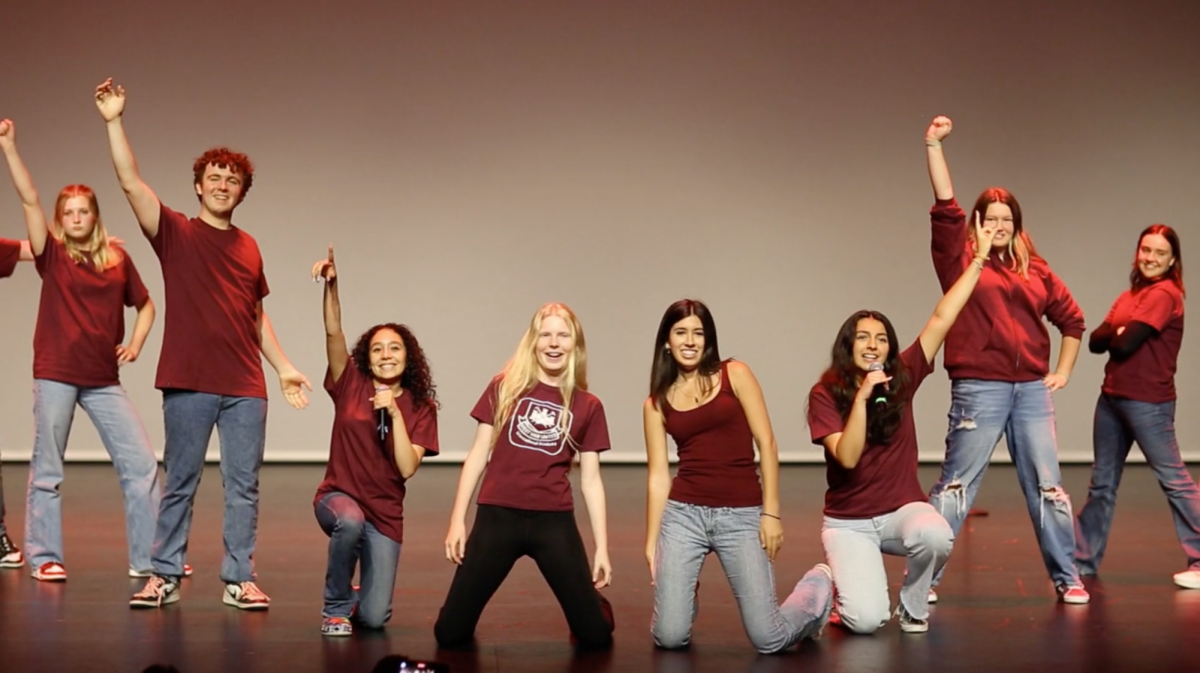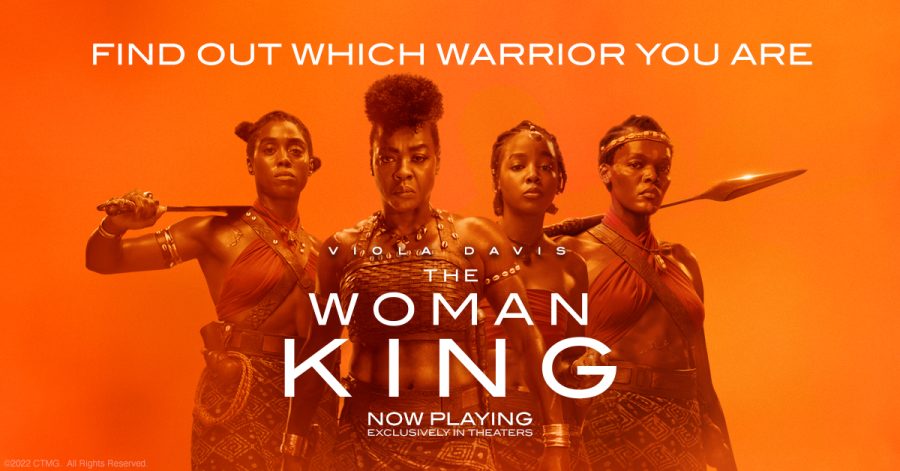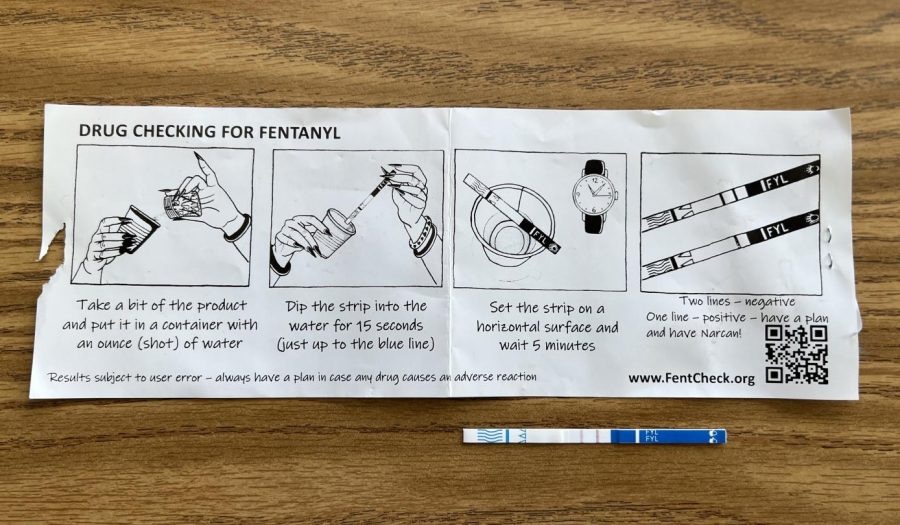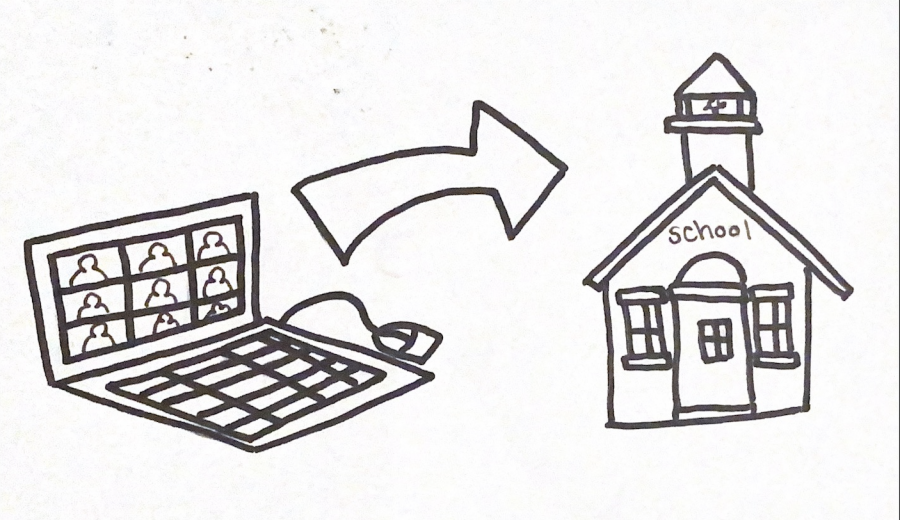It happens every week. Students attend picnics and parties, trips and sporting events, and in the following days, feel the urge to share their experiences through photos, statuses, and comments on social media, primarily Facebook, Instagram, and Twitter. But in an age when social media is having a larger impact on teenagers’ lives, students must think twice about what they post online.
According to the Huffington Post, 33 percent of teens polled in the spring of 2013 said that they use Facebook the most out of any social media site. Twitter followed with 30 percent, and Instagram rounded out the top three with 17 percent.
However, these numbers are constantly shifting, as now only 23 percent of teens say they use Facebook the most in the fall of 2013, according to the Huffington Post.
“With Twitter and Instagram I can follow my interests more so than I can with Facebook,” senior Will McBain said. “It’s just faster information.”
The enormity of Facebook and issues with privacy have driven teenagers away from the site in recent months. McBain said unnecessary information and advertisements have kept him away from Facebook.
Although the number of teenagers using specifically Facebook has dropped, problems may still arise.
In the case of R.S. v. Minnewaska, two years ago, a Minnesota middle school girl posted a slanderous comment about a faculty member at her school on Facebook. Although she was placed in detention, she did not stop and proceeded to call out her “snitcher.” According to the American Civil Liberties Union (ACLU) of Minnesota, she was suspended. She then filed a case to see if she indeed, was not guaranteed these rights to post on social media.
“Believe it or not, minors actually have a lot of rights on social media, in terms of government control,” said ACLU of Southern California staff attorney Brendan Hamme. “It’s the things like bullying, harassment, and violation of school policies where [students] are limited.”
Hamme said that many legal issues arising under the social media cloud have always come back to First Amendment rights.
“Much of what is said, posted, liked, etc. on Facebook and other social networking sites eventually becomes a question of, ‘Am I protected by free speech to do this, or am I not?’” Hamme said.
In the case of R.S. v. Minnewaska, the middle school girl won. The ruling stated that by suspending the girl and forcing her to censor the content, the administration had violated her First Amendment rights, according to the ACLU of Minnesota.
While the case may answer questions of legality, ethical issues are still up in the air.
“It often comes down to, ‘Yes, I can post or say this, but what will be the repercussions?’” Hamme said. “Although many court cases have guaranteed the rights of free speech on the internet, there is a gray area.”
Hamme said the gray area regarding the rights of free speech includes issues of weapons, drugs, violence, and posts that may be seen as terrorism. In the end, Hamme said he feels it comes down to everyday content.
“I think it’s just a part of our total loss of privacy with the internet collecting information on everyone,” senior Charlotte Reed said.
But the recent expansion of colleges examinations has caused discomfort in some, including Reed.
“I think it’s kind of unfair,” Reed said. “[Colleges] are supposed to focus on your academics and potential rather than what you do with your friends.”
According to a Kaplan Test Prep Survey in 2012, over 26 percent of college admission counselors viewed a prospective student’s online social media presence by Googling a name or searching on Facebook or Twitter.
“I don’t think colleges finding things on people’s social media accounts that they deem as ‘bad’ should be a deciding force in admissions,” Hamme said. “When colleges look at social media content, they are not being police and finding illegal things, they are just trying to get a hold on an applicant’s moral and ethical character.”
Junior Becca Havian said she believes it is a breach of privacy for colleges to search students online.
“At the same time, people shouldn’t post things or keep tags for posts they wouldn’t want their Grandma seeing,” Havian said. “Stick to the Grandma test as a precautionary step and everything should be fine.”





